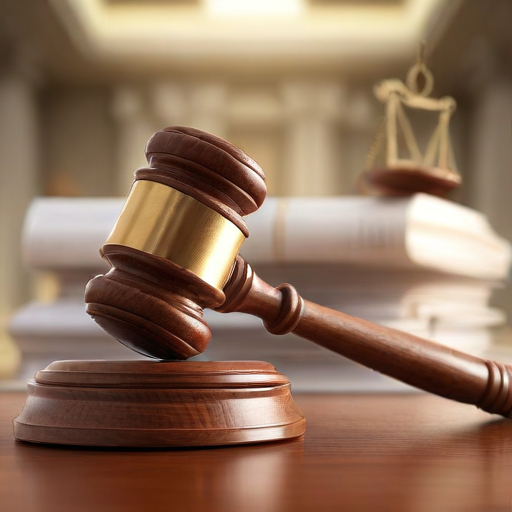Matt Gaetz is facing serious allegations that could jeopardize his nomination to be the next Attorney General of the United States. The Florida congressman is under investigation by a congressional ethics committee for multiple accusations related to drugs, bribery, and sexual misconduct. Central to the investigation is the testimony of a woman who stated she witnessed Gaetz engaging in sexual activity with a minor during a 2017 party. Gaetz has vehemently denied these allegations, framing the investigation as a politically motivated attack against him.
The Department of Justice previously investigated similar claims but did not file any charges against Gaetz. As he anticipates the nomination, pressure is mounting for the ethics committee to finalize and publish its findings, especially since the outcome could impact his ability to secure Senate confirmation.
The nature of the allegations has been extensive, including claims of using illicit substances, accepting bribes, misusing campaign funds, and sharing inappropriate content on the House floor. Despite the serious nature of these allegations, Gaetz maintains that he is a victim of a smear campaign orchestrated by political rivals.
Moreover, connections to Joel Greenberg, a former associate who is serving an 11-year prison sentence for various crimes, have brought additional scrutiny. Greenberg admitted to paying women to attend parties where sexual activities occurred, including payments made to those underage. While Gaetz has consistently denied any wrongdoing, the allegations remain under investigation, complicating his nomination process amidst alerts from both the public and political circles.
A decision on whether to release the ethics committee’s findings is pending, with concerns that it might extend beyond the committee’s traditional jurisdiction, according to Speaker of the House Mike Johnson.
In summary, as Gaetz navigates these allegations, the political landscape surrounding his potential appointment is fraught with uncertainty. However, it’s essential to acknowledge that the investigation process allows for due diligence in confirming qualifications for high-ranking positions in government.
A hopeful perspective could be that this situation might encourage stricter accountability and transparency in politics, emphasizing the importance of ethical conduct among public officials. The outcome of the investigation may foster dialogue about the expectations from lawmakers, motivating a more vigilant approach to governance.
